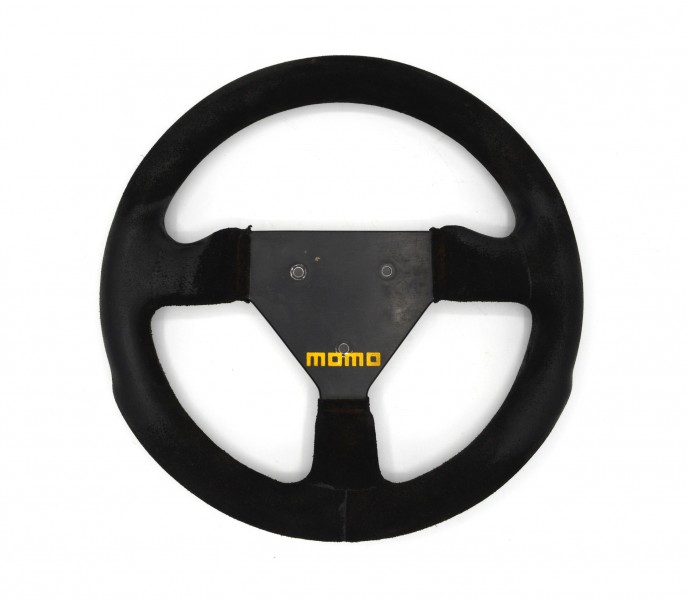Christian Danner (Monaco di Baviera, 4 April 1958) is a German former racing driver who took part to 47 Formula 1 Grand Prix, reaching the 4th place as best result.
Danner started to race in Renault 5 Cup when he was 19 years old. In 1981 he moved to uncovered wheel competitions, taking part to Europe Formula 2 Championship. He had never drove single seaters so he needed a period of adjustment and then he closed the seasons 1983 and 1984 reaching the 5th position. In 1985 Danner was the first champion of the new Formula 3000 Championship, where he conquested 4 victories and 51 points against 45 points of his rival Mike Thackwell.
1985 was also the year of his debut in Formula 1, where he raced for Scuderia Zakspeed. During his career he drove for Arrows, then again for Zakspeed and finally for Rial.
(Source: Wikipedia; Formula1.com)
Danner started to race in Renault 5 Cup when he was 19 years old. In 1981 he moved to uncovered wheel competitions, taking part to Europe Formula 2 Championship. He had never drove single seaters so he needed a period of adjustment and then he closed the seasons 1983 and 1984 reaching the 5th position. In 1985 Danner was the first champion of the new Formula 3000 Championship, where he conquested 4 victories and 51 points against 45 points of his rival Mike Thackwell.
1985 was also the year of his debut in Formula 1, where he raced for Scuderia Zakspeed. During his career he drove for Arrows, then again for Zakspeed and finally for Rial.
Steering Wheels:
- Among the various steering wheels present in the collection at the Nicolis Museum there is also German driver Christian Danner's MOMO branded example. His Formula 1 career did not last long, from 1985 to 1989. The 1987 Formula 1 World Championship did not see a brilliant performance from him: he actually failed to make the leaderboard scoring zero points, apart from the numerous retirements, he only achieved three ninth places, one eighth place and two seventh places. Two years later, dejected, he retired from the peak of motor racing.
(Source: Wikipedia; Formula1.com)








